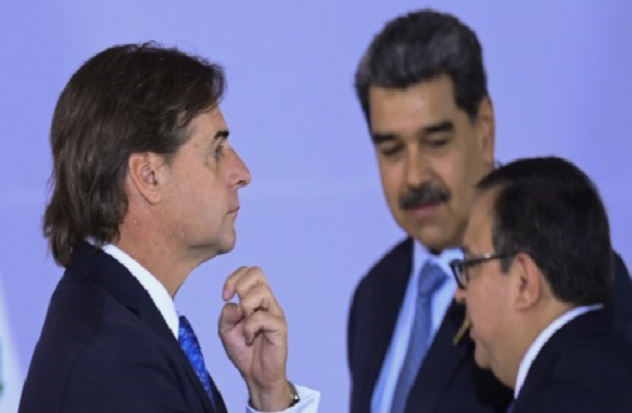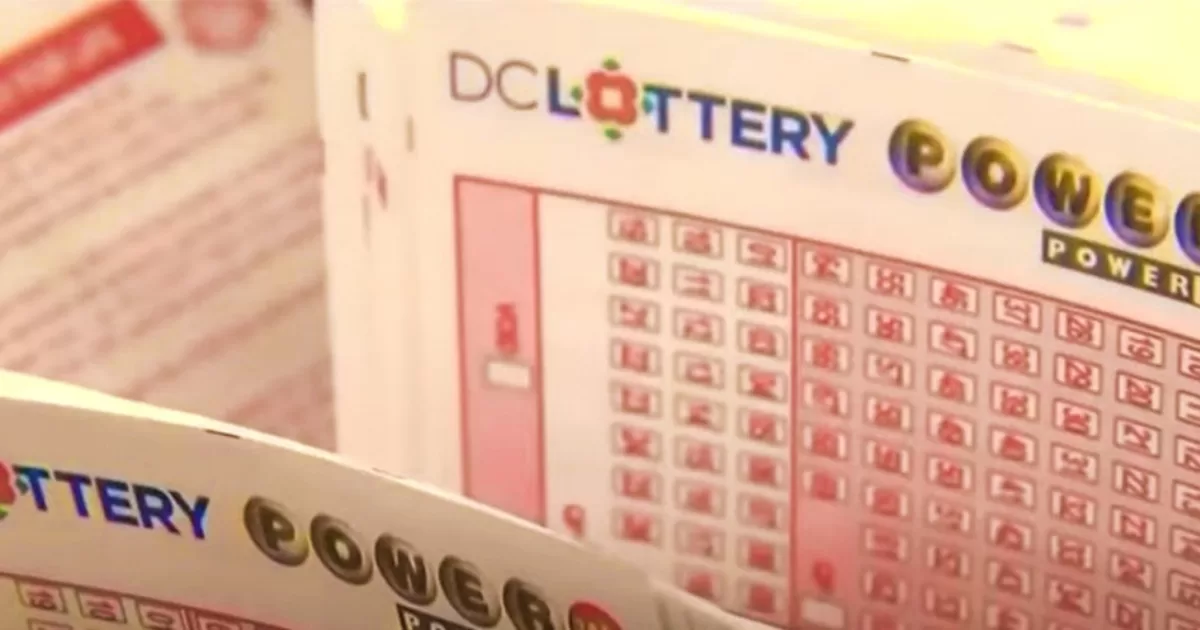Since assuming the presidency in 2020, the Uruguayan president has reiterated on various occasions his position of defining Maduro’s administration as a “dictatorship”, because he considers that it has blocked all democratic avenues for a peaceful exit from power.
“This is not the first time that President Lacalle Pou has made these types of statements regarding the Venezuelan regime, that has been his opinion since his electoral campaign in 2019 and then during his government, and I do not think he will change that position,” he said. in conversation with him THE AMERICAS DAILY the Uruguayan political scientist from the University of the Republic, Adolfo Garcé.
Garcé believed that it is necessary for the governments of the region to observe each other, from the point of view of respect for the guarantee of democracy, “especially in Latin America, which is a continent in which inequality reigns and historically the authoritarian regimes.
“It seems good to me that Democratic presidents criticize regimes like those of Cuba, Venezuela and Nicaragua, even if it affects the relationship between the countries, that will be a cost that will have to be paid. When right-wing rulers criticize the dictatorships of other countries, they favor the democratic processes of nations and do the right thing,” he added.
More insulation
He asserted that the positions contrary to Chavismo that have emerged in the international community demonstrate the “growing isolation” of the Venezuelan regime. “Nicolás Maduro and those who accompany him never had the support of the Latin American right, and now discontent is increasing, losing that of many governments on the left.”
In that sense, the university professor also expressed that if the results of the presidential elections on July 28 are not recognized, the regime will continue to deepen its isolation.
Among those who have distanced themselves from Maduro, the academic mentioned the president of Brazil, Luis Inácio Lula da Silva, that of Chile Gabriel Boric and that of Colombia Gustavo Petro, who have expressed their concern and demanded a free and transparent electoral process, after that the National Electoral Council (CNE) did not allow the registration of Corina Yoris, a substitute initially proposed by María Corina Machado.
“When in a country there are free elections, a free press and independence of powers, we can talk about democracy, something that has not happened in Venezuela for at least 20 years. When presidents criticize the dictatorships of other countries, they favor the democratic processes of nations and do the right thing,” she emphasized.
Ratio of tensions
In February 2024, Luis Lacalle Pou condemned the arbitrary detention of the lawyer and human rights activist Rocío San Miguel and the ratification by the Supreme Court of Justice (TSJ) of the questioned disqualification imposed by the regime on the opposition leader María Corina Machado to hold public office for 15 years, after his victory in the opposition primaries on October 22 with more than 90% of the votes.
After having the broad support of the Venezuelan people, Machado has spent months touring different states of Venezuela that have been hit by more than 20 years of crisis, in support of the candidacy of the standard-bearer of the Democratic Unitary Platform (PUD), the main opposition coalition. Venezuelan, Edmundo González Urrutia, who according to opinion polls has a clear advantage of 66% over the ruling party Nicolás Maduro.
The Uruguayan president had already questioned the way the electoral process has been handled in that country, when he stated that the Chavista dictatorship has prevented the democratic transition in Venezuela, through the persecution and political disqualification of opposition leaders and the refusal to allow international observation by the European Union (EU) electoral mission to the presidential vote.
This statement generated responses from the Chavista leadership. Venezuelan Vice President Delcy Rodríguez accused Lacalle Pou on two occasions of being a “lackey” of the United States, after the visit of Uruguayan Foreign Minister Omar Paganini to that country, and asked him not to “interfere” in Venezuelan affairs and to deal with the problems of his nation.
Diplomatic ties
In March 2024, the Uruguayan government appointed diplomat Silvana Montes de Oca as Uruguay’s ambassador to Venezuela, following the resignation of Uruguayan politician Eber da Rosa, who was appointed to the position after eight years of absence from that role in Caracas, during the mandate of José “Pepe” Mujica, a leader of the Latin American left.
This after last February, Foreign Minister Omar Paganini called the then Uruguayan ambassador to Venezuela, Eber Da Rosa, for diplomatic consultations, to report on the “worrying events” that, in the opinion of the Uruguayan government, threatened the electoral conditions for a transparent process. .
In this regard, Verónica Ramírez, former chargé d’affaires of the Uruguayan embassy in Venezuela, during the second term of Tabaré Vázquez, told DIARIO LAS AMERICAS that despite the tensions between both countries, President Luis Lacalle Pou has maintained diplomatic representation in the South American nation, “with the embassy open and representatives working and observing the Venezuelan political panorama.”
“This is a message from Uruguay, which means: I maintain my bond with the State, because the relations are not only with the governments but also with the people, but we continue to be observant of everything that is happening,” he stressed.
The diplomat does not believe that these confrontations between Lacalle Pou and her Venezuelan counterpart will calm down, “since this is also an electoral year in Uruguay, and once again Venezuela is one of the main issues on the political agenda.”
He also said that these tensions negatively affect the bilateral relationship between both nations, in terms of the paralysis of the commercial flow, “which although not totally suspended, does not have the same commercial cooperation as 12 years ago.”
Finally, Ramírez clarified that the migratory link has not been affected in the slightest, which is reflected in the number of Venezuelan migrants who are living in Uruguay at this time, which has tripled to 33,000 in the last five years.


